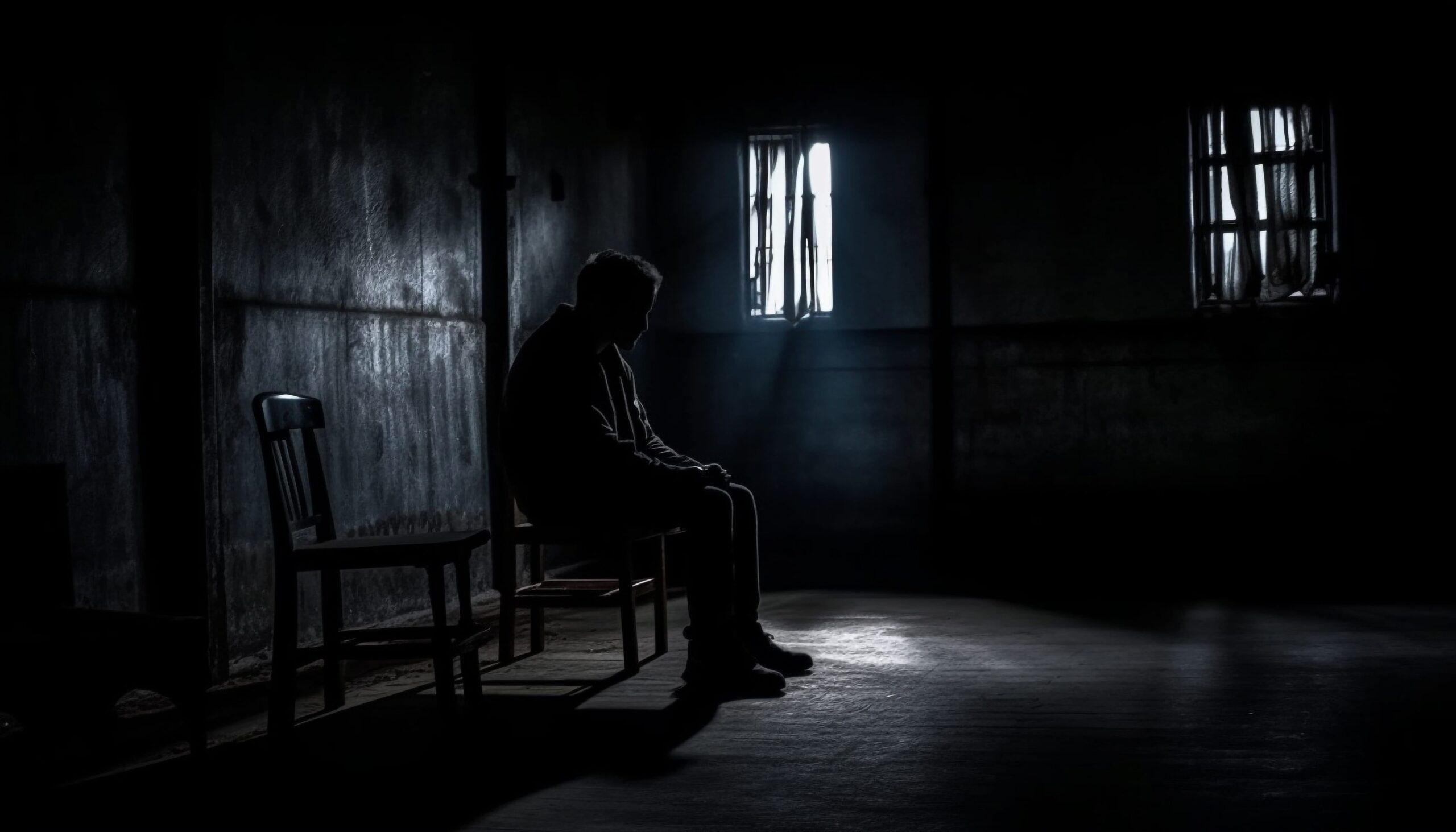The Role of Fear in Society: How Horror Fiction Reflects Our Deepest Anxieties
by Alan McDaniels | May 29, 2023
Fear is an old and conserved reaction that served humanity reasonably well before the development of civilization, but it has gotten warped in modern society where primal anxieties can easily turn into phobias. At a deeper level, as human civilization advanced, a fear of impending doom became more pervasive and had a crucial role in the emergence of religions that stressed the existence of good deities and eternal life. For millennia, philosophers and sociologists have recognized that fear can have negative effects including psychosis and isolation.
Insofar as it aids in protecting its citizens, fear benefits society. Our awareness of risk is increased, and we are better equipped to handle it. Fear is very normal—and in some circumstances, even beneficial. Fear can act as a signal of caution, a warning that we should exercise caution. Fear and anxiety serve primarily as warning signs of impending danger, a threat, or a conflicting motivation, and they also serve to mobilize the proper adaptive responses. Depending on the author, fear and anxiety can be difficult to separate from one another.
Fear triggers physiological responses in our bodies, like many other fundamental emotions. Fear begins in the brain, and as it spreads throughout our bodies, we are able to adjust and react in the most efficient way possible when faced with a threatening circumstance. Our body is instinctually getting ready to either fight or run.
The social lives of individuals are impacted by fear. Researchers in the social sciences have long shown that fear can cause people to band collectively in an attempt to pool power and resources in order to face or conquer the fear. Fear fosters growth because it builds resilience in people. By embracing your fears, you can become more resilient. You elevate yourself beyond the fear and into more and greater success as you grow better than your surroundings. You are where resilience begins, and that starts in your thoughts.
Fear is a powerful emotion. Ironically, fear is the fundamental force behind increased awareness, improved physical performance, and the motivation for desire, bravery, and achievement. By controlling your fear, you may improve your emotional intelligence and achieve success in all areas of your life.
It is through fear that one improves. You are kept safe by it. Internal danger alarms are produced by fear. It motivates you to take action and aids in the formation of sound judgments. You wouldn’t last very long if you didn’t have fear since you wouldn’t be concerned about the dangers in your environment. Inspiring us to take action, fear serves as a motivator. When we feel fear, we may respond differently to minimize the unpleasant emotion or anticipate fear to prevent the result or risk.
According to psychological studies, fear is a fundamental feeling that involves both a strong individual emotional response and a universal biological response, which explains how it ties to human nature. Whether the threat is physical or psychological, fear serves as a warning when danger or injury is present.
We experience fear every day because it can be brought on by our own deeds, prior traumas, the anticipated threat of a circumstance, or anything that actually terrifies us in extreme situations. It could be real or made up in our minds, justified or not.
Usually, when people refer to the sympathetic nervous response, they are referring to the fight, flight, or freeze reaction (now with fawn and flop included on too). We may actively and logically assess the threat and take steps to keep ourselves safe after this unconscious reaction that enables us to respond and react to hazards in the most suitable manner. When we consciously realize that we are reacting to a movie and not a real threat while viewing a horror movie, this process starts.
Acknowledging fear is a positive thing. Recognize that it was brought to you in order to grow and teach you something. For coming to your aid, be grateful to fear. It is usually that fear is being avoided and kept hidden, not welcomed. By doing this, you will eventually disarm that fear and cause it to start to lose some of its vigor.

